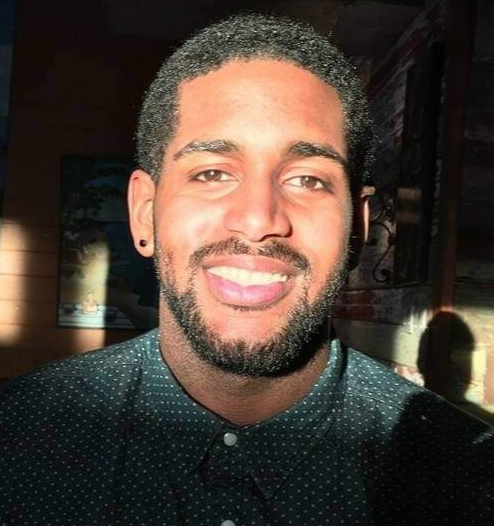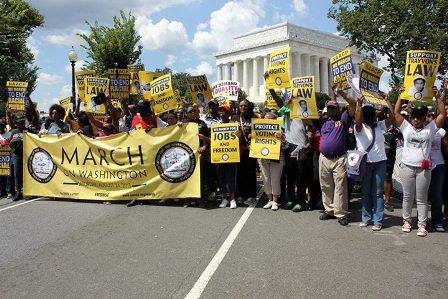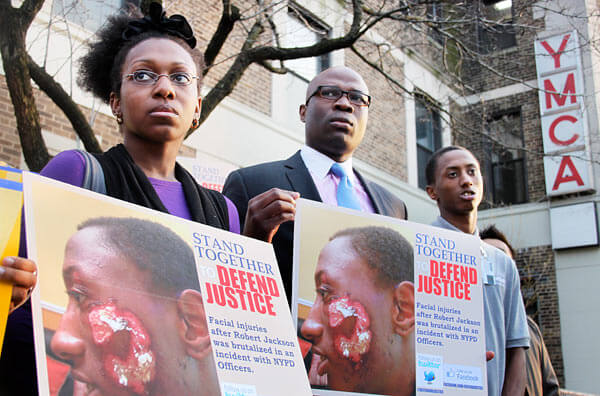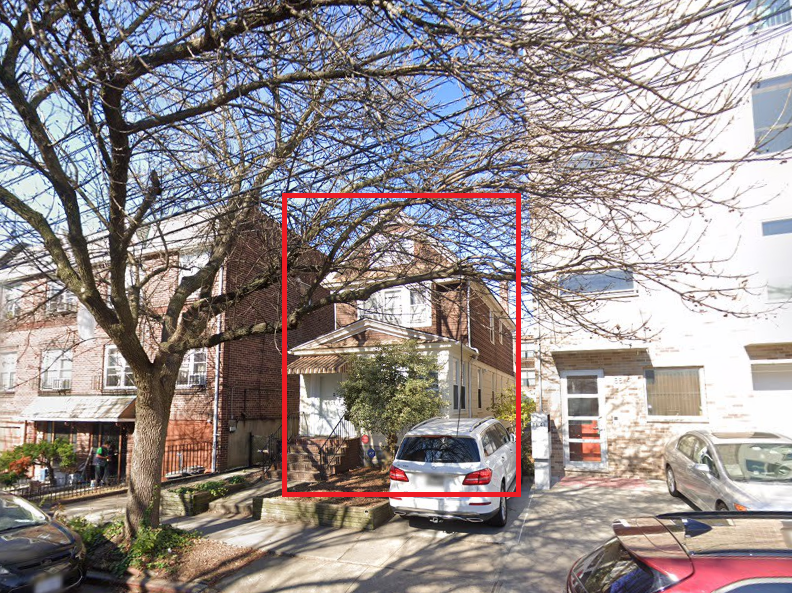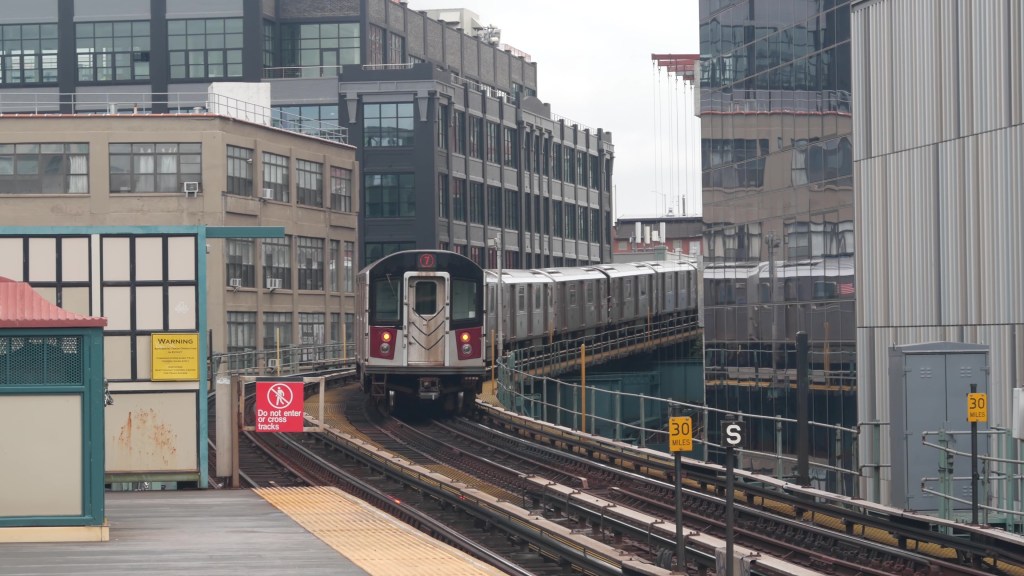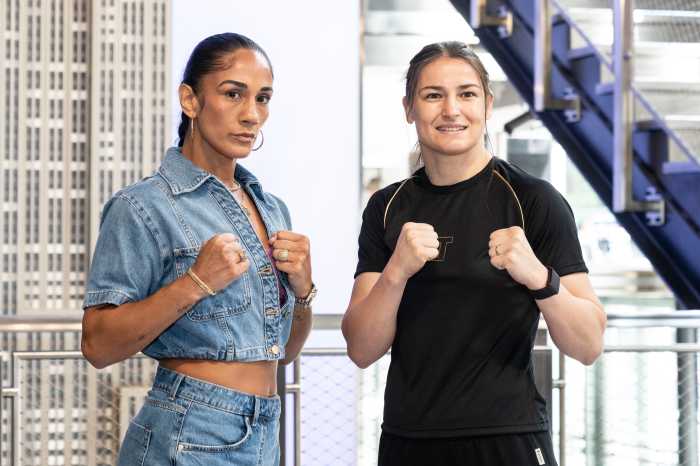Since its founding in 1909 in New York City, the NAACP has played a central role in both voter education and voter equality in the history of this country. From its central role in the enactment of the Voting Rights Act of 1965, to helping Black voters get registered in the Jim Crow South, the NAACP has always been dedicated to our mission of empowering voters.
It’s an important story to remember and celebrate this Black History Month, on the heels of a national election where we fought voter suppression and allegations of election fraud targeted specifically at Black voters. This year, we have a new way of voting in New York City known as ranked-choice voting (RCV). And as always, when a change to our democratic process comes around, the NAACP is at the forefront of making sure our community is educated and that everyone has a fair chance to get out and exercise their civic duty, especially historically disenfranchised voters.
Voters in Queens Council District 31 will soon be using RCV to cast their ballots in the Feb. 23 special election and then citywide in June. RCV eliminates the “spoiler effect;” meaning that more Black and brown candidates can run without worrying about cancelling each other out. It’s also been proven to elect more women and first-time candidates. And it means that candidates from outside our communities have to actually campaign for our votes, instead of just relying on their base. Most importantly, the eventual winner always succeeds with a majority of the vote, so no more of these fractured primaries where someone squeaks by with less than 50 percent.
So what is RCV?
It’s simple. RCV allows voters to rank five candidates in order of preference, or vote for just one as they always have. If no one wins with a majority (more than 50 percent), the candidate that came in last is eliminated and your second choice votes get counted and so on until there’s a majority winner. RCV will apply to primaries and special elections for all local offices including City Council, borough president, comptroller, public advocate and mayor.
RCV has the potential to usher in a new era in New York City politics: In California, RCV has increased representation across the board, including the election of the first Black woman to Mayor of San Francisco. Candidates of color in the Bay Area now win 62 percent of elections, compared to 38 percent prior to RCV. Many community-based organizations like ours have been doing the work to make sure voters know what to expect when they head to the polls.
In partnership with Rank the Vote NYC, we helped hand out 3,000 pieces of literature to voters during early voting weekend for the special election in CD24, and we’ll continue to sponsor and participate in forums with various partners to spread the word on RCV.
The history of election reform in this country is the story of Black and brown people fighting for our right to cast a ballot despite vicious voter suppression laws, and that fight is nowhere near over, as Stacey Abrams proved in Georgia this Fall. We are confident that Black voters will be able to rank their preferences in an RCV election, just like everyone else, but there’s a responsibility to community groups, candidates, and the City to make sure voters feel empowered as they head to the ballot box.
The NAACP is on the job, just as we have been for over 100 years.
Kenny Cohen is president of the Northeast Queens branch of the NAACP.

